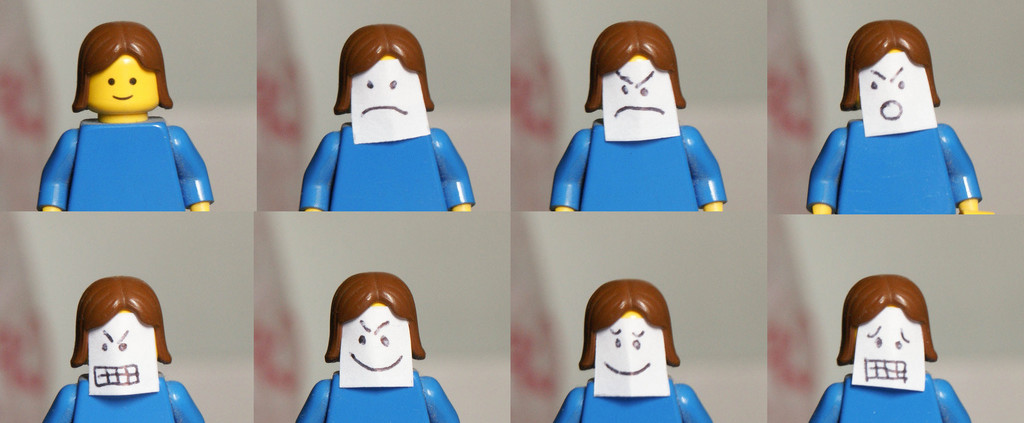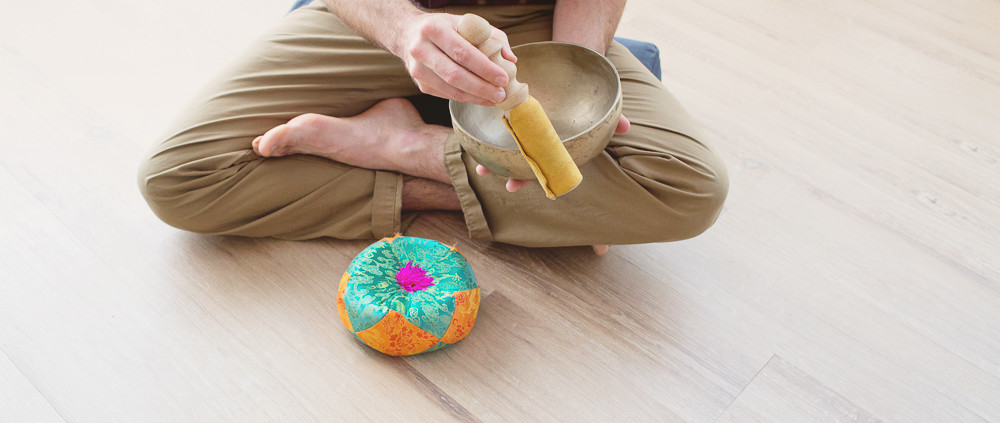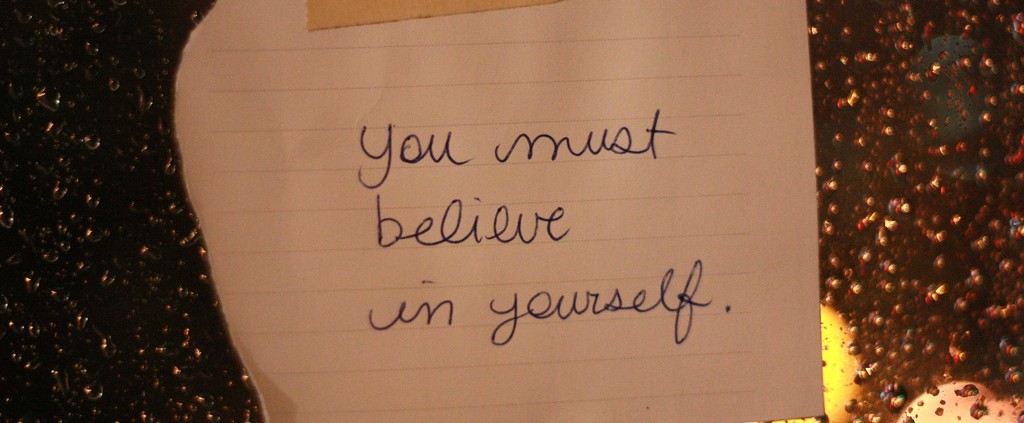Year in (P)review: Reflecting on This Year and the Next
A year in review, a year in preview. I’m gearing up to do this in the next couple weeks, and I hope you’ll find a chance to do so as well. The basic idea: take some time at the end of the year to reflect on the year gone by, and to set some intentions for the year to come. Maybe people do a version of this by having a New Year’s resolution, but I’m talking about a much more in-depth thing. Not just coming up with one item for a to-do list as you clink glasses on New Year’s Eve.
Instead, it’s a drawn-out process involving substantial reflection and introspection from a variety of angles. It can involve movement, meditation, long walks, bubble baths, sitting by a fire. Activities that turn us inward and allow us the opportunity to be quiet with ourselves. Sans smartphone.
I like to start with the year gone by. It can help to organize the internal conversation by asking some questions. Start simple. What happened this year? What were some of the big events? What were some of the small events that made a big impact? What was the overall feeling in the year, and how did that evolve?
Then, we can get into more substance. It helps if you went through this reflection process a year ago as well, but it’s by no means necessary. What was I hoping for this year? Did I move closer to that goal? Did I realize I needed to pivot those intentions? What worked? What didn’t? As Bob Ross said, “There are no mistakes, only happy accidents.” No need to think of the things that didn’t work as failures. They are places for growth and learning.
But we do need to get into them. We won’t gain much from our failures unless we allow ourselves to examine them. If we repress, we lose the lesson and build up future pain. What would I have liked to have done more? Done less? What was valuable to my life as a whole? What took a lot of time, but proved not to be valuable? Again, no judgement against the self, we just recognize these things.
Asking these questions allows us to get a deeper impression of the year. We can begin to ask some less tangible questions. What brought me joy? What did I love? Who were the most important people in my life? What can I do to express that to them, to show gratitude to them? How can I show those same qualities to myself?
There are unlimited questions we could ask ourselves about the year gone by, and it is valuable to come up with a few yourself, based on what’s important to you. At a certain point it is time to transition from the year gone by to the year to come. I’ll try to take at least a day for each. Not necessarily sitting at a journal all day, but having that intention for the day. Bringing it with me to yoga class, to the coffee shop.
The year to come represents enormous opportunity. One could argue that the transition to the new year is purely theoretical and arbitrary. Sure, I agree. The solstice is Tuesday, New years is in a week and a half. There are all sorts of other landmarks around this season that can be used. But regardless of what is arbitrary or true, the idea of transition and new beginnings can be very effective for bringing in new energy to our lives.
Imagine: if you wanted to, you could change everything in your life in just a matter of the next few weeks. If you are out of shape and overweight, you could start on the path of health and fitness by exercising every day. You could make that part of your life and your routine, part of who you are. You can start a new hobby, a new craft, and eventually make that into your life’s work. Never done much art? You could start painting every day, again making that part of who you are, and by the end of the year you would have enough talent and work to begin to sell art in a real way. These things won’t necessarily be easy, but they are achievable.
Or the changes could be much more modest. You could spend substantially more time with your family, your kids. You could cut out habits, get away from screens and pocket vibrations. You could start jogging regularly or learning how to throw pottery. All these take a strong will and a set of powerful intentions. They take more than a half-hearted New Year’s resolution. But New Year’s is still a great time to do them.
As we begin to look forward, we need to keep in mind the reflection we’ve done on the past year. Frame the questions in a similar way. What do I want to do? What big events would I like to accomplish? Any travel? What are some small things I could do that might make a big difference?
And get bigger: How do I want to live? What are going to be the main focuses of my energy? Who do I want to share my life and my love with? What one thing would I do every single day, if I could? What do I want to create? How do I want to grow as a person?
If you’d like, come up with a word for the year to come. Something that embodies the values and intentions you’d like to live.
There is reason to be optimistic. We have the power to create our own lives. Even with the complications and guidelines put on us by society, we always have the opportunity to choose how we respond to the world. We can create an internal state that is resonant with our values and with the people we love.
I encourage you to give it a try. Even if it’s just an hour sitting down with a notepad for the past year and one for the next, this exercise has enormous potential. The days are nearly the shortest they’ll be all year, and this is a natural time for reflection. Treat yourself, and have some fun with it!





